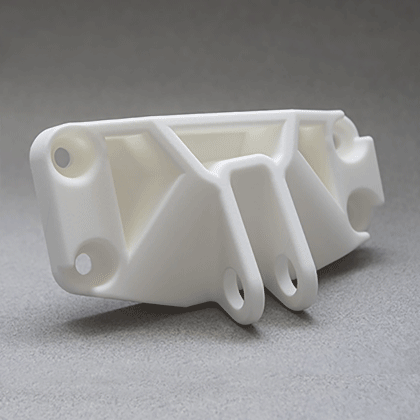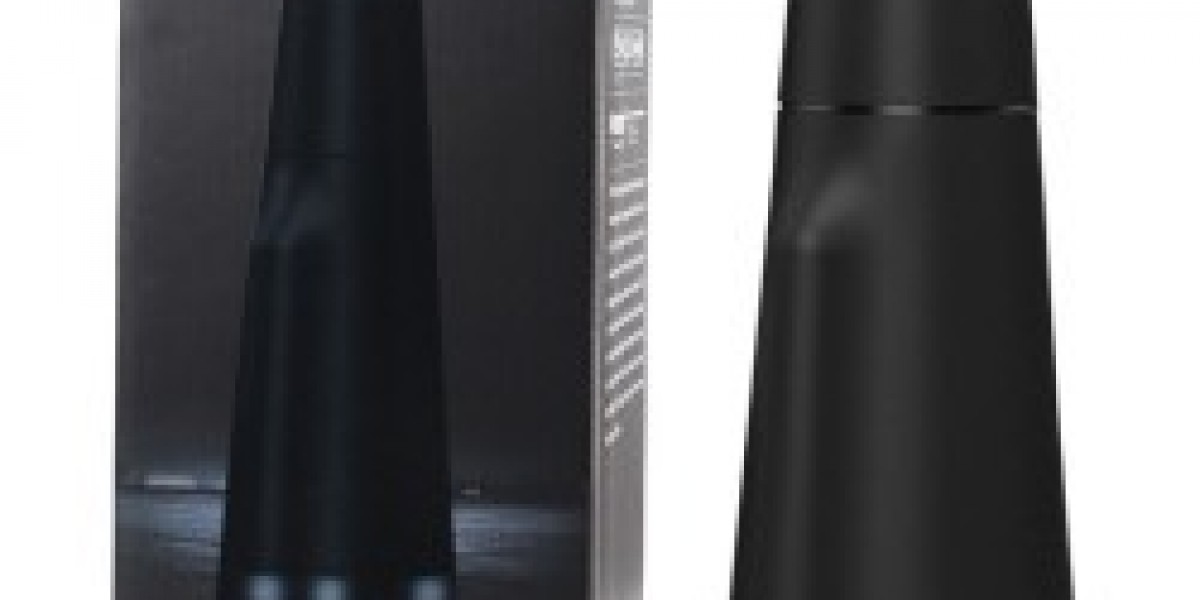Unlock the Future of Innovation: Discover the Magic of SLS 3D Printing Services!
In the rapidly evolving landscape of technology, SLS (Selective Laser Sintering) 3D printing is making waves as a revolutionary manufacturing process. This advanced technique allows users to create intricate designs and prototypes with unparalleled precision. For anyone considering the adoption of this innovative technology, obtaining a quote for SLS 3D printing services is a vital first step. This article aims to be your comprehensive guide, helping you navigate the essentials of SLS 3D printing, the benefits it offers, and how to secure the best quotes to meet your project needs.

Understanding SLS 3D Printing
Selective Laser Sintering (SLS) is a 3D printing technology that utilizes a laser to fuse powdered material into solid structures. The process begins with a thin layer of powdered material spread across the build platform. A high-powered laser then scans the layer, selectively sintering the powder according to the design specifications. After one layer is completed, the platform lowers, and a new layer of powder is applied, repeating the process until the final object is formed. Materials commonly used in SLS include nylon, polyamide, and various elastomers, allowing for a wide range of applications from functional prototypes to complex end-use parts. One of the key advantages of SLS over other 3D printing methods is its ability to produce strong and durable parts without the need for support structures, making it ideal for intricate designs and functional components.
Benefits of SLS 3D Printing Services
Utilizing SLS 3D printing services comes with numerous benefits that can enhance your project's efficiency and effectiveness. One major advantage is design flexibility; SLS allows for the creation of complex geometries and intricate details that are often impossible to achieve with traditional manufacturing methods. Additionally, the production speed of SLS is impressive; multiple parts can be printed simultaneously, significantly reducing lead times for prototypes and production runs. Cost-effectiveness is another compelling reason to consider SLS, particularly for small and large production runs alike. Industries such as aerospace, automotive, and healthcare are increasingly leveraging SLS technology for applications ranging from lightweight component manufacturing to custom medical devices, showcasing the versatility and efficiency of this printing method.
How to Obtain an SLS 3D Printing Quote
Requesting a quote for SLS 3D printing services is straightforward, but providing the right information is crucial for an accurate estimate. Start by preparing your design files, typically in formats such as STL or OBJ, which detail the specifications of your project. Next, consider your material preferences, as different materials can significantly affect the cost and properties of the final product. Additionally, specify your desired production volume—whether you're looking for a single prototype or a larger batch of parts. Clear communication with service providers is essential; sharing as much detail as possible will help them provide you with a tailored quote that meets your expectations.
Factors Influencing SLS 3D Printing Quotes
Several factors can influence the pricing of SLS 3D printing services. The choice of material is a primary factor; some materials are more expensive due to their properties or availability. The complexity of the design also plays a significant role; intricate designs may require additional processing or longer printing times, which can increase costs. Turnaround time is another consideration; if you need your parts quickly, you may incur additional fees for expedited services. Understanding these factors can help you better anticipate the final quote and make informed decisions about your project.
Choosing the Right SLS 3D Printing Service Provider
When it comes to selecting the best SLS 3D printing service provider, there are several key aspects to consider. First and foremost, evaluate the quality of their work; reviewing their portfolio and past projects can provide insight into their capabilities. Reliability is equally important—look for providers with a strong track record of meeting deadlines and fulfilling customer expectations. Customer service shouldn't be overlooked; a provider that communicates effectively and is responsive to your needs will make the collaboration process smoother. Reading client testimonials and reviews can also help you gauge the overall satisfaction of previous customers, guiding you toward the right choice for your SLS 3D printing needs.
Summary of Key Takeaways
In conclusion, SLS 3D printing offers a multitude of benefits that can significantly enhance your project outcomes. From its design flexibility and production speed to its cost-effectiveness, this technology is a valuable asset in various industries. Obtaining accurate quotes is crucial for ensuring that you make informed decisions regarding your engagement with SLS 3D printing services. By following the steps outlined in this article, you can effectively navigate the process and explore the exciting possibilities that SLS 3D printing has to offer for your next project.







